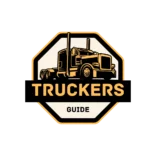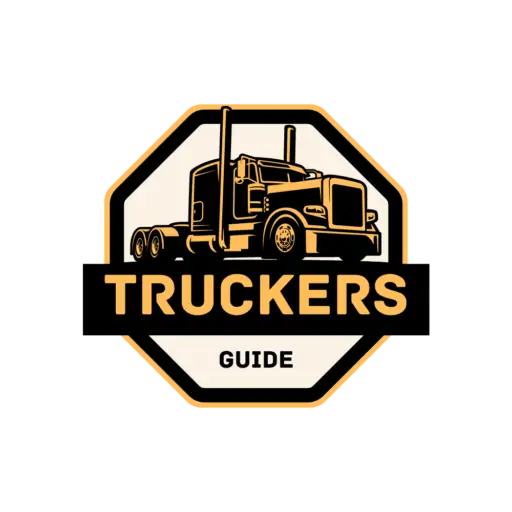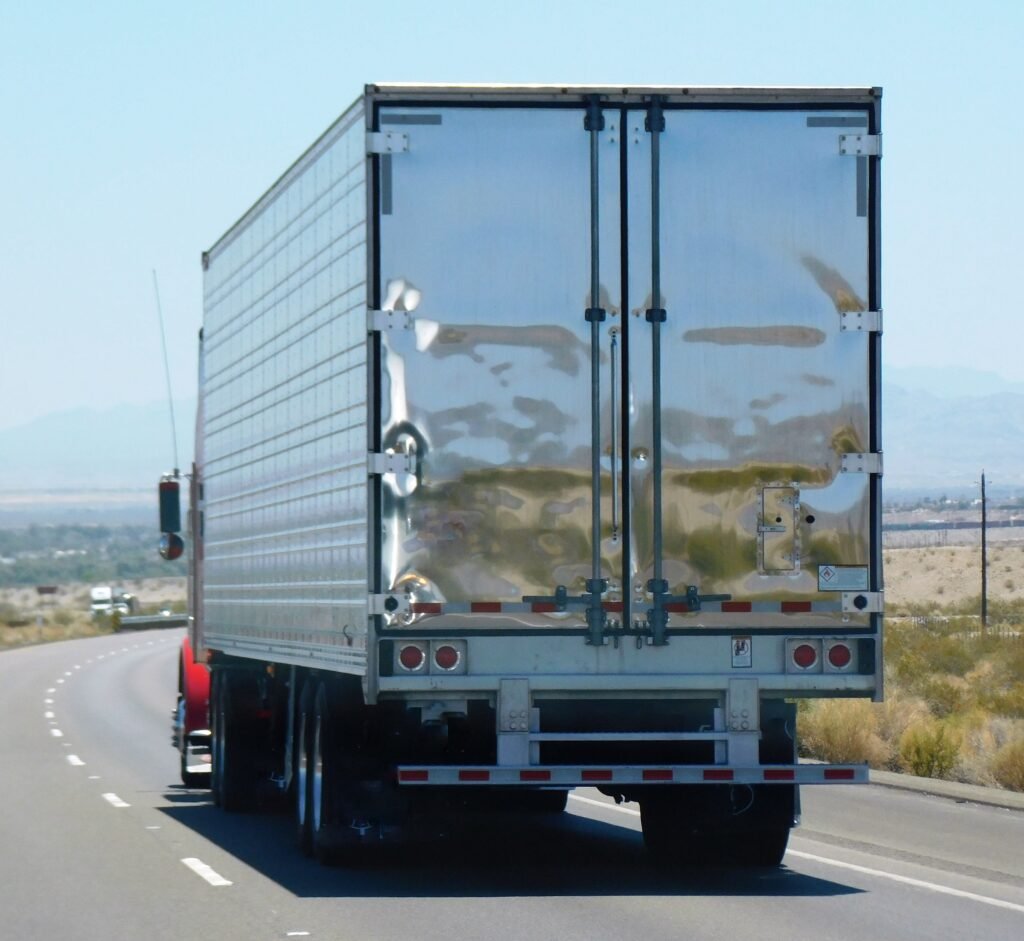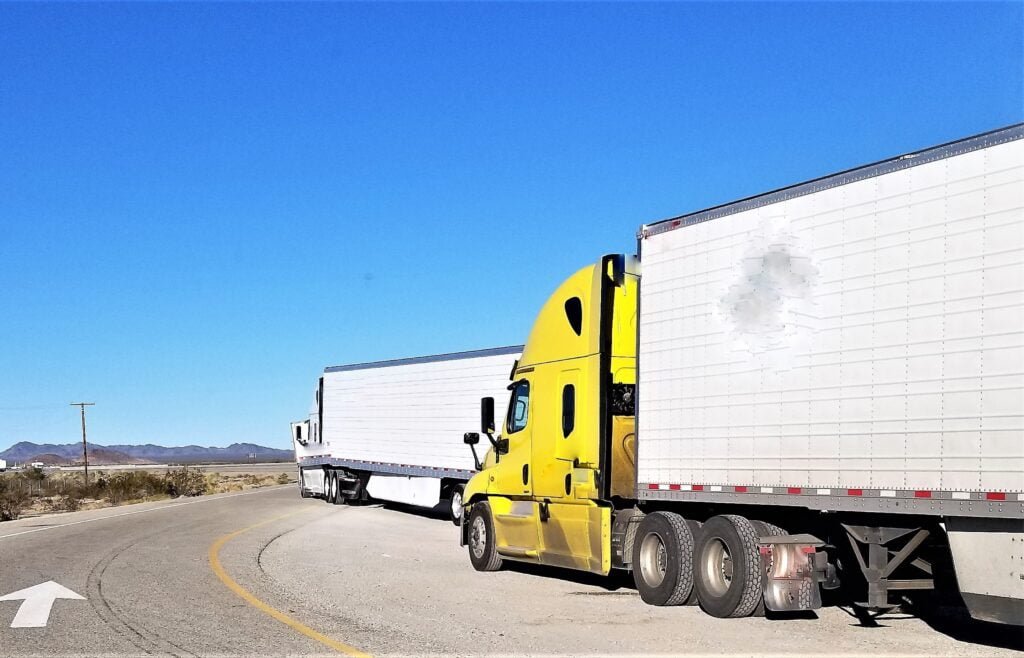News of the Week: Severe Weather Disrupts Transportation Across Southern U.S. The most impactful event this week was the severe storm complex that began on March 3, bringing tornadoes, high winds, and widespread power outages across the Southern United States. The storm significantly disrupted transportation and logistics, particularly in Texas and Mississippi, underscoring the need for robust infrastructure and emergency preparedness in the face of extreme weather events. What happened this week (3/9/2025) 1. Surge in Cross-Border Trucking Rates Ahead of Tariff Implementation Anticipating a 25% tariff on imports from Canada and Mexico, companies expedited shipments before the tariffs took effect, leading to a significant increase in cross-border trucking rates. Freight rates to Canada for dry and refrigerated trucks reached two-year highs, with increases of 18% and 35%, respectively, since the November elections. However, with the tariffs now in place, there’s an expectation of decreased rates and volumes due to manufacturing sector uncertainty and a potential cooling of demand. Source: reuters.com 2. Severe Weather Disrupts Transportation Across Southern U.S. Beginning on March 3, a large storm complex brought severe weather, including at least four tornadoes, to portions of the Southern United States. Over 400,000 power outages were reported in the Dallas-Fort Worth metroplex, and at least two people were killed in Mississippi. The storm significantly impacted transportation and logistics across the region, highlighting the vulnerability of infrastructure to extreme weather events. Source: en.wikipedia.org 3. Michigan Enforces Spring Weight Restrictions on State Highways To protect roadways during the spring thaw, the Michigan Department of Transportation and local agencies implemented weight restrictions on state highways starting March 3. These measures aim to prevent damage to roadbeds weakened by moisture during the thaw-freeze cycle. Drivers are advised to adhere to posted weight limits and speed restrictions to maintain road integrity during this period. Source: michigansthumb.com 4. Additional Weight Restrictions in Mecosta and Newaygo Counties Complementing statewide measures, Mecosta and Newaygo counties in Michigan initiated their own weight restrictions for trucks and heavy equipment starting February 28 and March 3, respectively. These restrictions are crucial during the thaw-freeze cycle to prevent road damage. Drivers can access information on restricted roads through a dedicated app and are encouraged to consult local authorities for specific guidelines. Source: bigrapidsnews.com 5. Brad Paisley Announces ‘Truck Still Works’ Tour Country music star Brad Paisley announced his 2025 “Truck Still Works” tour, named after his single released in September 2024. The U.S. tour, produced by Live Nation, begins on May 21 in Idaho Falls, Idaho, and concludes on August 18 in Arcadia, Wisconsin. The tour will feature special performances by Walker Hayes and Avery Anna, with Mae Estes and Alexandra Kay as opening acts. Source: people.com 6. Tesla Cybertrucks Receive Mixed Reactions at Mardi Gras During the Lundi Gras festival in New Orleans on March 3, crowds expressed their discontent with the presence of two Tesla Cybertrucks in the parade. The electric vehicles, decorated with American flags, were loudly booed by revelers as they moved along the parade route, indicating a mixed reception of new automotive technologies in traditional cultural events. Source: nypost.com 7. NASCAR Craftsman Truck Series Updates The 2025 NASCAR Craftsman Truck Series is underway, featuring notable driver and team changes. Kyle Busch is set to drive five Truck races for Spire Motorsports, while other drivers like Kyle Larson and William Byron will take turns in Spire’s No. 07 All-Star Truck. These developments are expected to add excitement to the series and influence team strategies throughout the season. Source: en.wikipedia.org 8. Hydrogen-Powered Trucks Face Industry Challenges The bankruptcy of Nikola, a once-promising company in the green energy sector, has dampened expectations for hydrogen-powered trucks. Nikola’s inability to continue operations independently, along with potential mass layoffs at Hyzon, another hydrogen fuel cell truck manufacturer, is casting uncertainty over the sector. Despite the advantages of hydrogen-powered trucks, such as lighter weight and longer range compared to battery-electric vehicles, challenges like high hydrogen costs and reliance on government subsidies persist. Companies like IMC Logistics, which have utilized Nikola trucks, have experienced high repair costs, further contributing to doubts about the long-term viability of this technology. 9. $5.4 Million Awarded in Fatal Truck Crash Lawsuit A jury awarded $5.4 million in damages to the family of John William Hayes, a San Antonio oil executive who died in a 2023 crash. The lawsuit alleged negligence by H.L. Zumwalt Construction Inc., COM Transport, and MN Trucking, attributing responsibility for the fatal accident. The jury assigned 55% responsibility to COM Transport, 30% to MN Trucking, and 15% to Zumwalt. Determining who will pay the damages remains uncertain, as COM Transport is no longer in business, and the driver was not held directly responsible. 10. Houston’s I-45 at I-69 Among Top Trucking Bottlenecks Houston’s Interstate 45 at Interstate 69 has been identified as the third most congested truck bottleneck in the U.S., according to the American Transportation Research Institute. To address this, the Texas Department of Transportation has initiated several construction projects on I-45 aimed at reducing congestion and updating infrastructure. While these projects may temporarily increase traffic congestion, they are considered necessary for long-term solutions. The state’s population growth and increased activity at Gulf ports have attracted more freight trucks, adding strain to roadways. Source: en.wikipedia.org








